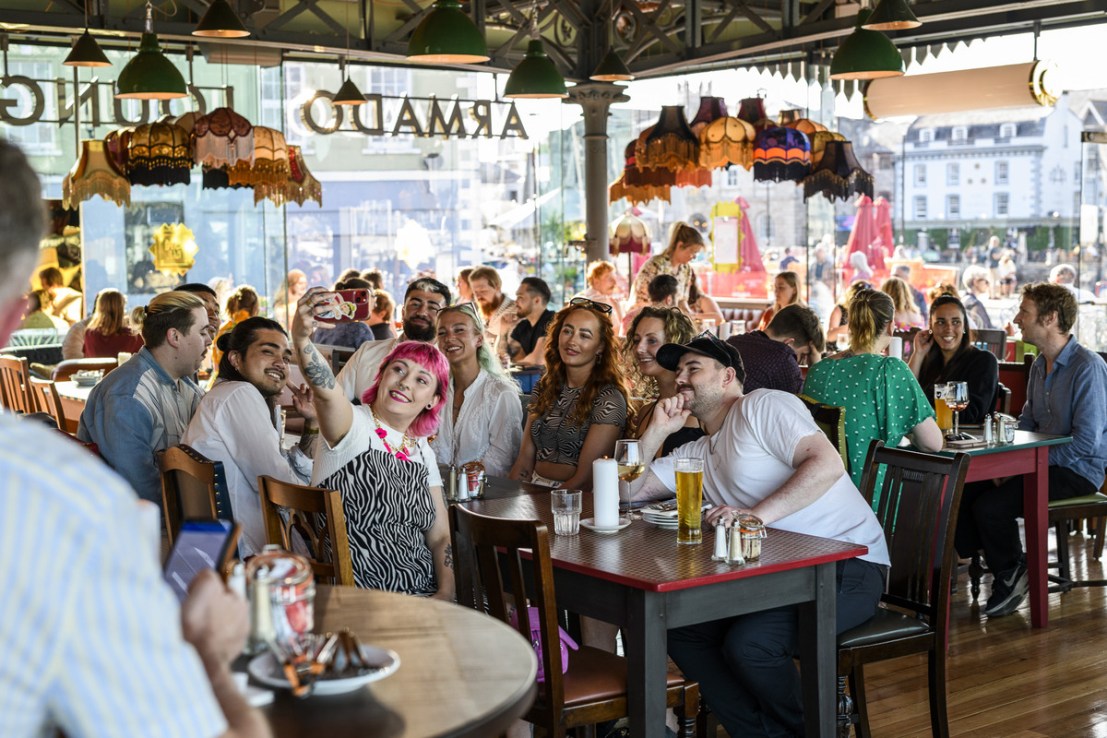
A top boss of a British bar chain has quit a government hospitality taskforce after facing pressure over his criticism of Rachel Reeves’ tax agenda.
Alex Reilley, the chairman of Loungers, has exited the Hospitality Sector Council (HSC) after receiving backlash from civil servants for publicly criticising Labour’s economic policies, The Telegraph reported.
“I was critical of the Government, which they didn’t like because their view is ‘well hang on, you’re on the inside now and you can’t be publicly criticising what the Government is doing’,” Reilley said.
The bar boss argued his criticism was “justified” and “took the view I wasn’t prepared to stop speaking my mind”.
Reilley had joined the HSC earlier this year in a bid to help rejuvinate high streets across the country.
Despite still supporting the group, he said Labour was not taking concerns seriously enough.
Reilley hit out at the government’s plans to create “hospitality zones” to fast-track al fresco dining applications.
“Labour are wilfully crushing ambition and penalising job creators and this policy is just tokenistic bull—-,” he told the Telegraph.
Reeves faces tax scrutiny
Loungers – which owns Cosy Club – faced an investor battle at the end of 2024.
The firm floated on the Alternative Investments Market (AIM) in 2019 until its takeover by private equity giant Fortress last year.
The deal with Fortress received backlash from some shareholders, who argued it under-valued the company.
Gresham House, which holds almost a four per cent stake in Loungers, argued a £338m offer from Fortress – 30 per cent to Lounger’s share price – attempted to take advantage of a low share price “at the worst possible time” thanks to a decline in consumer businesses following the Budget.
Reilley’s slamming of Labour’s tax policy follows a rallying call from Britain’s retail giants that the government’s tax policies could undermine its key promise to raise living standards.
In a letter to the chancellor, companies such as Tesco, Sainsbury’s and John Lewis, represented by the British Retail Consortum (BRC), state that government-imposed costs have already added £7bn to their businesses this year.







